Over the years, I have been asked about my philosophy on developing psychological flexibility, grit, and resilience. People want to know in straightforward and actionable ways what they can do to change their lives. Behavior matters—don’t get me wrong—but the real agent of long-term growth is the space between your ears. Your habits merely reveal your mindset.
If you follow my blog at all, you know I loathe “list-icles.” But here we go anyway… these are My Five First Principles that guide the work I do:
1) The Body Never Lies
I see a lot of people who have their emotions, feelings, and thoughts cordoned off as either good or bad, healthy or pathologic, happy or sad. The insinuation is that happy is good. But where does that leave struggle, anger, and grief? Does that mean that they are bad and should therefore be avoided, ignored, or suppressed?
Instead of seeing your feelings and emotions as something you need to change, alter, or deny, what if you embraced them as neurobiological messengers trying to convey information to you?
Just because our interior experience might be intense or full of friction doesn’t exclude it from also having valuable messages and data for us on how to move forward in a conscious manner.
If we hold this principle as true, then our feelings, emotions, and physical sensations become a steer and guide. And it turns out, a rather important one. Your feelings are your evolutionary allies, not something you need to get over or suppress in order to thrive.
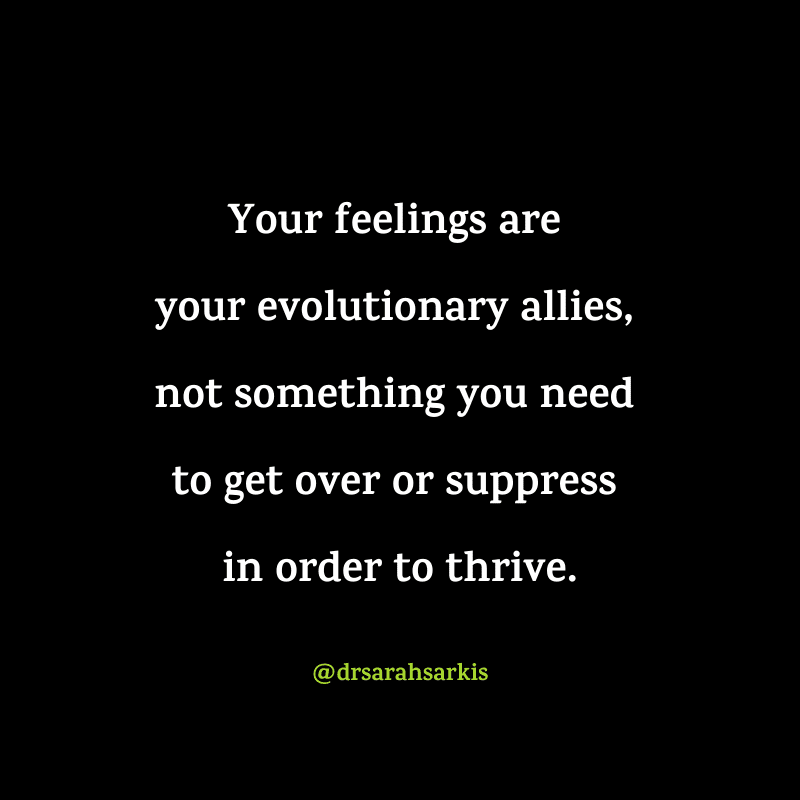
If you continue to rely on avoidance or suppression or any other form of numbing out your difficult feelings, you will become increasingly more and more reliant on this strategy as time progresses. Buyer beware: this habit is expensive and debilitating.
I have found it much more important to encourage clients to lean in to the discomfort. Embrace it. Approach it with an outstretched palm, not a wagging finger. This yields emotional and psychological flexibility, and helps us train to our weaknesses, instead of playing to our strengths.
The body never lies, so it’s our responsibility to listen closely.
2) Your Breath is the Best Regulator
Your breath is the gateway to a much deeper wellspring of self-regulation than your mind could ever manage. It is nearly impossible for anxiety and proper breathing to exist in the same moment. And not in some namaste way either, although I appreciate that lens as well. I mean neurobiologically.
And don’t get me wrong— it’s not that you won’t feel anxiety, grief, depression, and more. Again—see number one— our feelings are rarely pathologic and thus we don’t need to suppress them. But if you learn how to regulate your breath, both up and down regulation techniques, your feelings won’t own you. Instead, you will find a channel of possibility where you can experience your feelings and use them as instructional.
Our breath is the gateway to deeper layers of self-regulation that our mind cannot access. In my experience, you can’t always reason your mind into a state of calm. But you can breathe your way there.
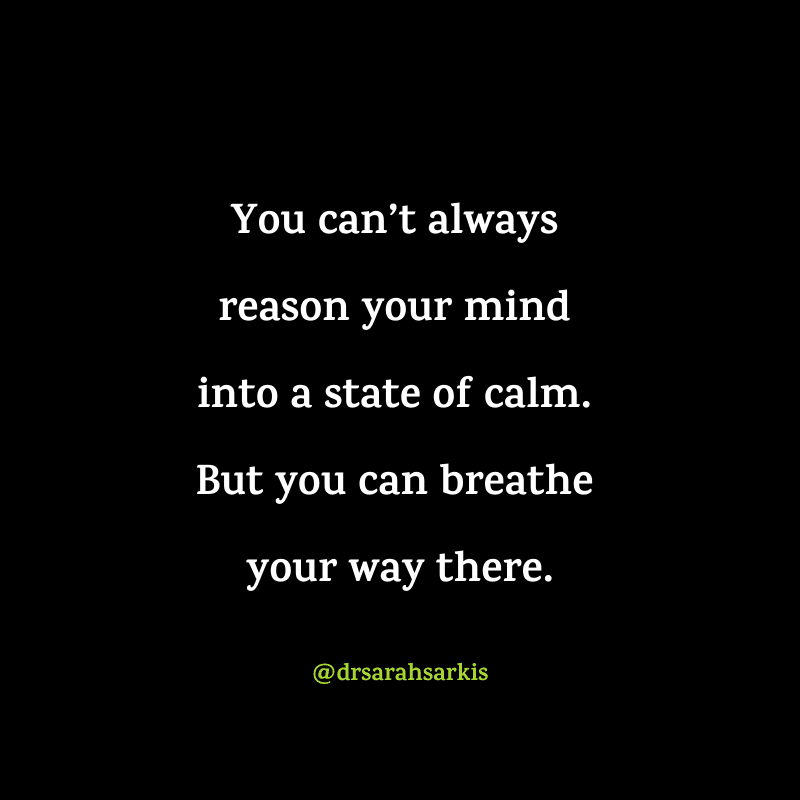
Additionally, as an added bonus, this type of regulatory process allows us to make better, more informed decisions, as we become less vulnerable to our unconscious reactive patterns.
3) Modeling Rules the Roost
Our animal, Sapiens, learns through a term we call “modeling.” In layman’s terms, it means we learn by observing and absorbing the (wordless) dynamics that dominate much of our foundational years (0-18yrs). Modeling is how our interior emotional scaffolding gets laid down, and it is the foundation upon which all of your adult attachments play out.
These modeling patterns become expressed in our attachment patterns in adulthood. Modeling is responsible for why we see generational patterns emerge that span multiple branches on a family tree. These intergenerational patterns of attachment play out over time and they dictate much of what emerges in our adult attachments. And, of course, nearly 95% of what emerges originates in the adaptive unconscious. Remember, you are not aware of what you are not aware.
To achieve foundational change, not just behavioral, we must observe these modeling patterns and begin to dismantle the mindset structures, assumptions and psychological infrastructure that unconsciously serves to reinforce these patterns.
In my job, modeling also plays a critical role as it is the primary vehicle through which we “practice what we preach.” We set a clear intention and value on modeling between us exactly what we say matters to us.
Remember, we all attach to something— ideas, beliefs, gods, people, habits, things, substances— it behooves us to be mindful of what modeling patterns dictate our attachment patterns.
4) Process Over Perfection (or Practice over Perfect)
A lot of people talk a good game when it comes to this principle. I get it. I, too, suffer from being a mere mortal. But at the heart of this principle is the idea that failure, loss, grief— anything that brings us to our bedrock— are our greatest teachers.
It feels good to succeed—don’t get me wrong. It feeds our ego, fills our wallets, and quiets the noise of self-doubt. And there’s nothing wrong with that.
But when your emphasis becomes solely on the destination— you name it: winning, succeeding, fame, etc.—to the exclusion of the process of learning and self-awareness, you will eventually run into trouble. Your relationship with discipline, grit, and determination reveal more about your partnership with failure, shame, and perfectionism than anything else.
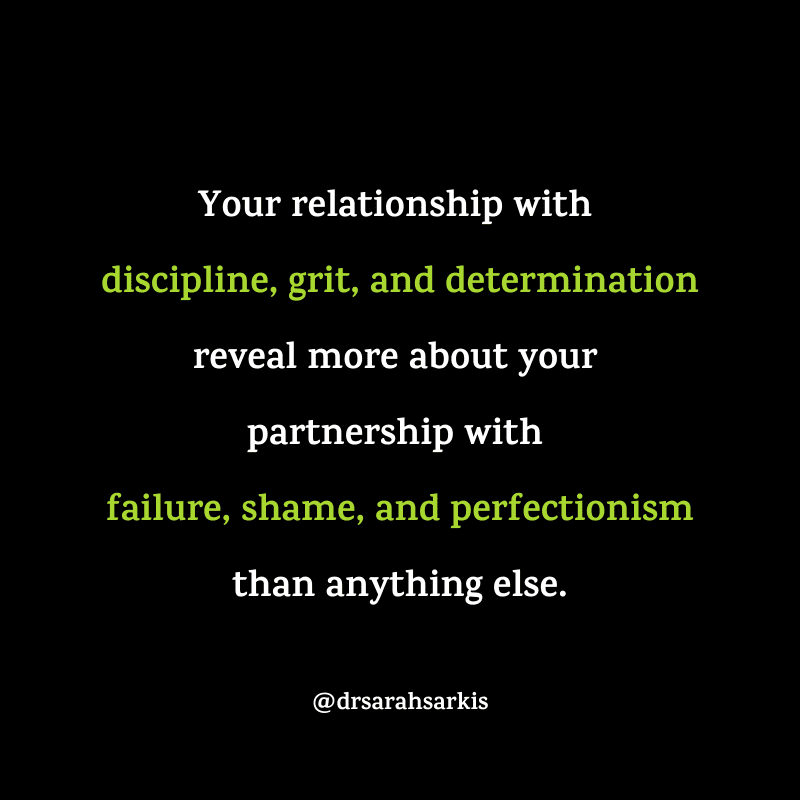
An emphasis on your process will reveal your own unconscious patterns of sabotage. Observe how you orbit around the pursuit of your goals. All of your radical self-awareness lies in those pockets of observation.
5) How You Do One Thing Is How You Do All Things
This is one of the most critical elements of your capacity to grow and transform. Start to observe this simple and profound truth. People tend to believe that we can live in a compartmentalized fashion. We prefer to delude ourselves that how we operate in one area of our lives doesn’t impact other areas. But my experience is that simply is not true.
Once you start to observe this principle in your life, you will grasp that we are, in fact, a whole being. So how your approach your work, your career, your parenting, and your relationships all matters because it is how you will do all things.
My hope is that this list will serve as a guide for you to approach your own process of radical self-awareness.
Until next time, stay curious.

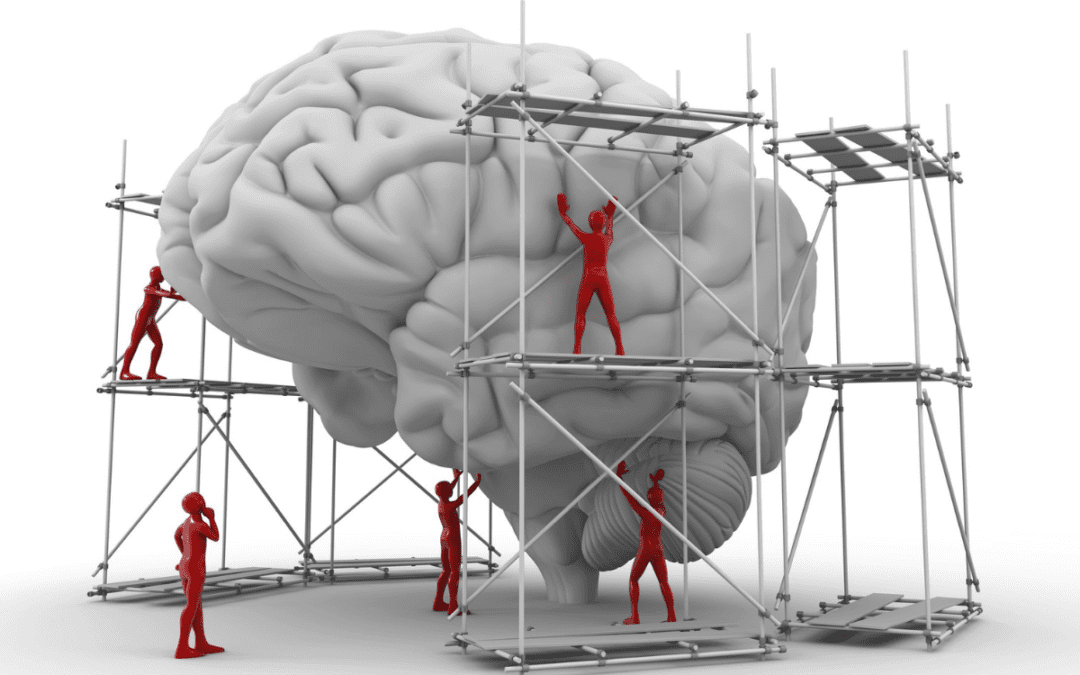

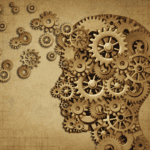


Thank you Sarah
The help thru 2020 is very much appreciated.